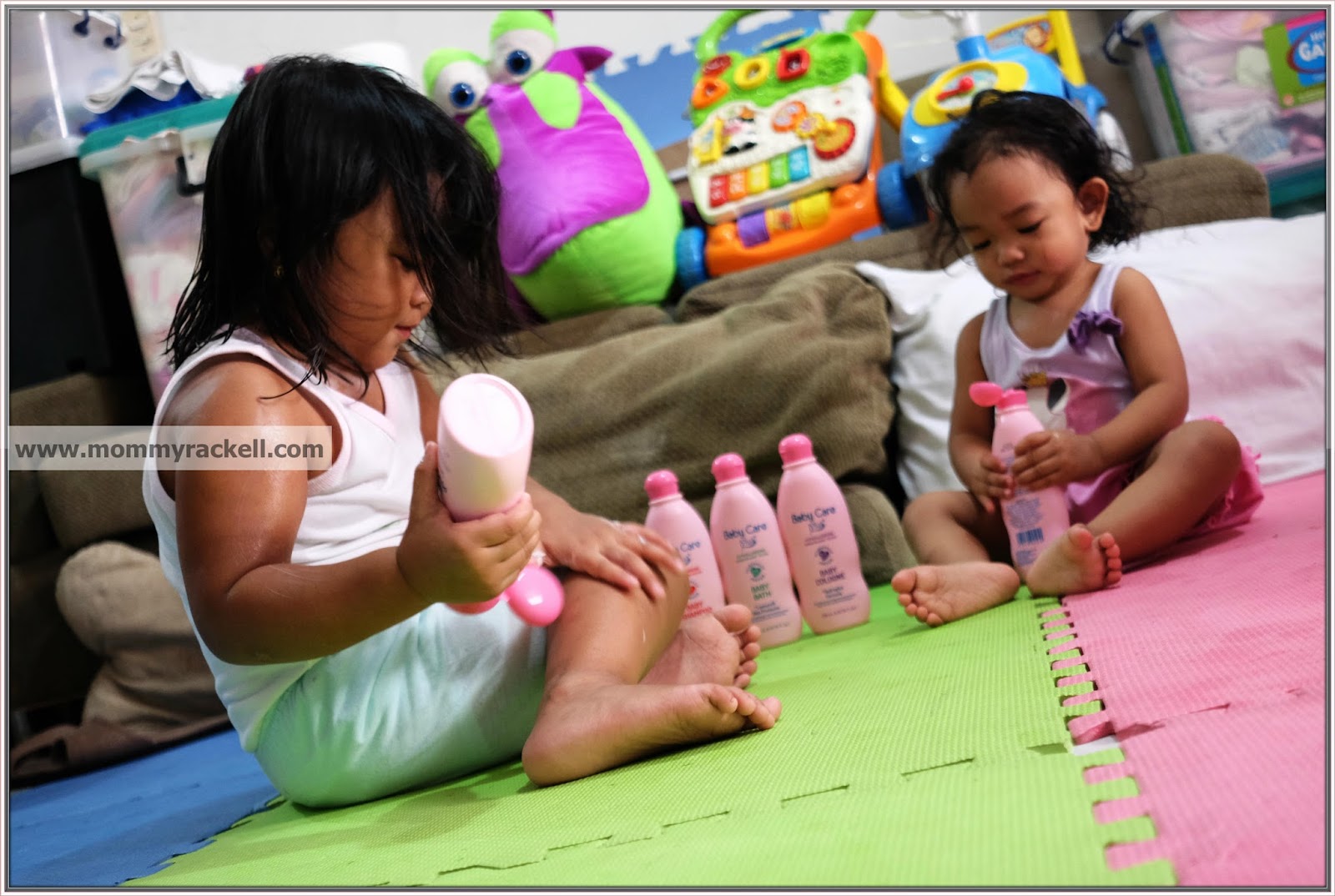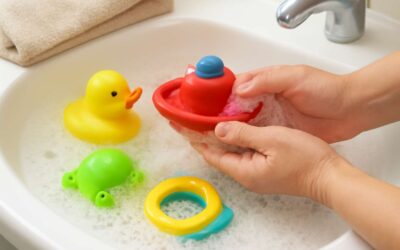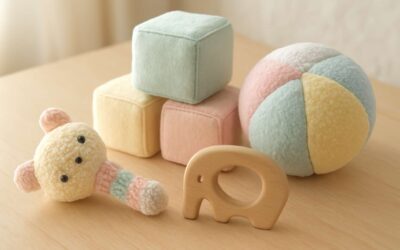Understanding Goodwill Donations for Baby Toys
What Types of Baby Toys Does Goodwill Accept? – Details on acceptable toy items like plush toys, plastic toys, and educational toys
When considering whether will Goodwill take baby toys, understanding the nuances of their donation acceptance policies is essential. Goodwill’s mission to support community programs hinges on donations that are safe, functional, and appropriate for children. Baby toys, often cherished keepsakes for families, are a vital part of this mix, but not all toys qualify. The key question remains: will Goodwill take baby toys, and if so, which types are welcomed?
Typically, Goodwill accepts a variety of baby toys that meet safety standards and are free from damage. Plush toys, plastic rattles, teething rings, and educational toys like stacking blocks or shape sorters are often in demand. These items should be clean, intact, and free of loose parts that could pose a choking hazard. Well-maintained toys foster joy and learning, making them perfect donations that align with Goodwill’s community-focused ethos.
In addition to safety, durability plays a role in their acceptance. Toys made from sturdy materials that can withstand frequent use are preferred. It’s also worth noting that some locations may have specific guidelines—so checking if will Goodwill take baby toys in your area can save time and ensure your generous donations reach those in need. After all, every toy given with care can brighten a child’s day and support local initiatives at the same time!
Condition Requirements for Baby Toys – Guidelines on cleaning, safety, and usability standards
When considering whether will Goodwill take baby toys, understanding the condition requirements is essential. Donating toys that are safe, clean, and functional ensures they reach children in need without any risk. Goodwill’s dedication to community support hinges on receiving items that meet these standards, so every toy can spark joy and safety.
Baby toys must be thoroughly cleaned before donation, removing any dirt, stains, or residual odors. Safety is paramount—damaged or broken toys are generally not accepted. Toys with loose parts or sharp edges can pose hazards, so inspecting items carefully is a must. To help streamline the process, here’s a quick checklist:

- The toy is in good working condition without cracks or tears.
- All detachable parts are secure and not choking hazards.
- The toy is free from mold, dirt, or unpleasant smells.
Durability also plays a role—sturdy, well-made toys withstand the wear and tear of active little hands. Remember, some Goodwill locations may have specific guidelines on baby toy donations, so double-checking locally can ensure your generous gift is appreciated and utilized effectively. When toys meet these standards, they not only brighten a child’s day but also uphold Goodwill’s mission of fostering safe, nurturing environments for our youngest community members!
How to Donate Baby Toys to Goodwill
Preparing Toys for Donation – Cleaning, inspecting, and repairing toys before donation
When considering whether will Goodwill take baby toys, it’s essential to recognize the importance of preparing these items thoughtfully. Properly cleaning, inspecting, and repairing toys ensures they are safe and suitable for new homes. While many donors focus on the donation process itself, the effort invested in preparing toys can make a significant difference in their acceptance and the joy they bring to children in need.
Begin by thoroughly cleaning all toys with gentle, child-safe disinfectants. This step removes dirt, bacteria, and lingering odors, transforming neglected items into safe treasures. Inspection follows—look for broken parts, loose pieces, or any signs of wear that compromise safety. Damaged toys should be repaired if possible, or discarded if beyond repair. Ensuring that toys are in good condition aligns with what will goodwill take baby toys and guarantees they meet safety standards.
For those with a collection of toys needing minor fixes, a simple
- superglue
- replacement batteries
- patches for fabric toys
can breathe new life into neglected items. Remember, when in doubt about the safety or functionality of a toy, it’s better to err on the side of caution. Thoughtful preparation not only increases the likelihood of donation acceptance but also amplifies the impact your toys will have on a child’s development and happiness.
Drop-off and Pickup Options – Locations, schedules, and possible donation pickup services
Donating baby toys to Goodwill is a straightforward process, but knowing your options can make it even easier. Many locations accept toy donations during their regular operating hours, making it convenient to drop off items at your local store. Some stores also offer scheduled pickup services for larger collections or when transportation is limited, which can save time and effort.
If you’re unsure whether will Goodwill take baby toys, it’s best to check specific store policies or visit their website for updated information. Most Goodwill branches in South Africa operate with set schedules, typically open weekdays and weekends. For larger donations, calling ahead to arrange a pickup can ensure your toys are collected promptly and safely.
Remember, well-prepared toys—cleaned, inspected, and in good condition—are more likely to be accepted. Whether dropping off at a nearby location or scheduling a pickup, your effort helps bring joy to children in need while supporting community programs.
Are There Restrictions on Baby Toys at Goodwill?
Safety and Recall Concerns – Why recalled or unsafe toys are not accepted
When contemplating whether will goodwill take baby toys, understanding the underlying safety protocols is paramount. The allure of donating toys that once sparked joy can quickly turn into concern when considering safety and recall issues. Many donors assume that all baby toys, regardless of condition or history, are eligible for donation. However, this is a misconception rooted in the stringent safety standards that Goodwill enforces. The question is not merely if they will take baby toys, but rather whether those toys meet the critical safety benchmarks that prevent harm and uphold trust.
Recalled or unsafe toys are categorically excluded from donation, as they pose significant risks to vulnerable infants and toddlers. Items with visible damage, loose parts, or signs of deterioration are meticulously rejected, emphasizing the importance of thorough inspection before donation. To safeguard the well-being of little ones, Goodwill adheres to strict guidelines that disallow toys with potential choking hazards or those that have been flagged in safety recalls. After all, the integrity of the donation process hinges on the assurance that every toy accepted will foster safe, joyful play rather than unintended peril.
Age-Appropriate Toys – Limitations on certain types of toys depending on age suitability
When pondering whether will goodwill take baby toys, it’s essential to recognize that not all toys are created equal—especially when it comes to the safety standards upheld by organizations like Goodwill. The age-appropriateness of toys is a critical factor in the donation process. Toys designed for infants and toddlers must meet stringent safety criteria to prevent any risk of harm during play.
Goodwill maintains specific limitations on certain types of toys based on the recipient’s age. For instance, small parts or choking hazards are strictly prohibited for very young children, as these pose substantial safety concerns. To ensure the safety of the little ones, only toys that are explicitly marked as suitable for their age group are accepted. This nuanced approach helps maintain trust and ensures every donation fosters safe, joyful play.
- Age-appropriate toys, such as plush animals or large plastic building blocks, are usually welcomed.
- Items with small, detachable parts or those that are broken or damaged are typically excluded.
Alternative Places to Donate Baby Toys
Local Charities and Shelters – Organizations accepting baby toys and childcare supplies
Many families and organizations are discovering the importance of repurposing baby toys to benefit those in need. When considering whether will goodwill take baby toys, it’s worth exploring alternative places that accept childcare donations. Local charities and shelters often have specific needs, and they appreciate carefully selected, safe toys that can brighten a child’s day. These organizations understand the significance of age-appropriate toys and safe, clean items for their young residents.
Some charities focus exclusively on supporting vulnerable children, making them ideal recipients for baby toys. They often have designated collection points or pickup services that make donating straightforward. If you’re wondering will goodwill take baby toys, the answer might be yes, but it’s always wise to check with the organization first. For a more community-centric approach, consider visiting a local shelter or childcare charity directly—many are eager for donations that meet safety standards and are in good condition.
- Local orphanages
- Children’s homes
- Community outreach programs
By choosing these alternative donation avenues, you ensure your baby toys reach children who truly need them, rather than ending up in storage or landfill. Every toy donated can be a source of comfort and joy, especially during challenging times. So, when pondering will goodwill take baby toys, remember that other community-focused organizations might be more than happy to accept your thoughtful contribution!
Toy Libraries and Community Centers – Sharing and recycling baby toys within communities
Within the tapestry of community resilience, the act of sharing baby toys transforms from mere gesture to a profound expression of collective compassion. When contemplating whether will goodwill take baby toys, one might find solace in the myriad alternative avenues designed to maximize their impact. Toy libraries and community centers emerge as vital hubs—places where the cycle of giving and receiving breathes new life into each cherished item. These spaces not only facilitate the redistribution of toys but also foster a culture of recycling that amplifies the joy of childhood across generations.
In particular, community centers often serve as nexus points where families can donate toys that meet safety and age-appropriateness standards. Some centers operate on a borrowing basis, allowing children to enjoy a variety of toys without the clutter of ownership. This model is especially beneficial for families navigating economic hardships, ensuring that every child’s developmental needs are met without undue financial strain. When pondering will goodwill take baby toys, exploring these community-focused organizations might reveal a more direct, heartfelt connection to the children who truly need them.
Moreover, toy libraries—structured repositories of shared toys—embody a philosophy of sustainability and community engagement. They operate under the principle that a well-maintained toy can serve multiple children, reducing waste and promoting environmental consciousness. Participating in such initiatives not only extends the lifespan of each toy but also nurtures a sense of stewardship and communal responsibility. For those eager to ensure their baby toys reach eager little hands, these venues often welcome donations that are safe, clean, and in excellent condition.
- Local toy libraries that thrive on community donations
- Community centers offering toy-sharing programs
- Charitable initiatives focused on early childhood development
In the end, the question of will goodwill take baby toys might be better reframed as where can your toys create the most meaningful ripples. These community-centered spaces stand as testament to the enduring power of shared resources—offering not just toys, but hope, comfort, and a sense of belonging to those who need it most.
Maximizing Your Toy Donations for Impact
Ensuring Safety and Hygiene – Best practices for preparing toys to ensure they are ready for children
Ensuring that your donated baby toys truly serve their purpose requires more than just a cursory wipe-down. It’s an act of moral responsibility—an acknowledgment that these small objects hold the potential to shape tiny lives. When preparing toys for donation, prioritizing safety and hygiene isn’t just recommended; it’s essential. Toys should be thoroughly cleaned with non-toxic disinfectants, inspected for damages, and repaired if necessary. Remember, a damaged toy can become a hazard rather than a source of joy.
For those wondering, will goodwill take baby toys? The answer hinges on their condition and safety standards. A simple checklist can streamline this process:
- Remove any loose parts or small pieces that could pose choking hazards
- Ensure there are no recalls or safety concerns associated with the toy
- Verify that the toy is age-appropriate and free from sharp edges or broken components
By approaching toy donations with this meticulous mindset, we ensure that every item passing through our hands becomes a vessel of comfort and growth, rather than a risk. This is the silent, profound responsibility we carry in giving with integrity.
Tax Deduction Tips – How to get receipts and document your donations for tax benefits
Maximizing your toy donations for impact is not just about giving; it’s about ensuring your generosity translates into real change. One vital aspect often overlooked is proper documentation for tax benefits. Knowing how to get receipts and keep records can significantly enhance your donation’s value come tax season.
When donating baby toys, always request a formal receipt from the charity. This document should detail the items donated and the date of the contribution. Keep photographs of the toys before donation as additional proof of their condition. For larger donations, consider creating a simple inventory list, including descriptions and estimated values.
Some charities may provide a donation acknowledgment letter, which can be used for tax deductions. Using a dedicated folder or digital storage system for your donation records ensures everything is organized and ready when required. Remember, meticulous documentation not only maximizes your tax benefits but also reinforces your integrity in giving.
Ultimately, if you wonder, will goodwill take baby toys? The answer depends on these records aligning with the charity’s accepted items and safety standards. Being thorough in your documentation ensures your goodwill makes a meaningful and compliant impact.



0 Comments